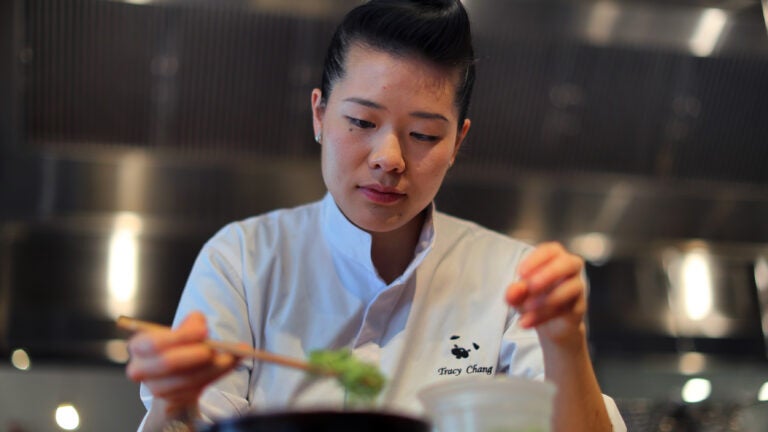
"You might be wondering: All that just because of a best restaurant guide? Well, this is no ordinary list. Despite increased competition from guides like The World's 50 Best, Michelin remains, for many industry folks and diners, the most prestigious gastronomy award out there. A Michelin star can draw culinary tourism, reshaping a city's food identity, a phenomenon that's prompted studies into the growth of Michelin."
"But there are negatives to the guide as well. Research shows that Michelin-star restaurants are more likely to close than other highly-acclaimed restaurants without a star, raising questions about the pressure that comes with the prestige. With the stakes so high, Boston.com spoke with local chefs who have worked inside Michelin kitchens. Their experiences-many from years or even decades ago, well before MeToo and COVID-19 reshaped the industry-offer a window into what life behind the stars was really like."
"When I was in college, I was lucky enough to work in three different Michelin star kitchens - very bottom rung. You're there cleaning vegetables and scrubbing things and generally just being the grunt workforce of those types of kitchens. But the thing that's really exciting about them is that they bring a level of talent to the kitchens that's really hard to find elsewhere."
Boston's dining scene faces significant change with the arrival of the Michelin Guide. The guide can prompt menu overhauls, new concepts, intensified competition, talent reshuffling, and the opening of additional restaurants. A Michelin star can attract culinary tourism and reshape a city's food identity. Research finds Michelin-starred restaurants have higher closure rates than other acclaimed establishments, suggesting intense pressure linked to the prestige. Chefs who worked in Michelin kitchens describe roles ranging from vegetable prep and cleaning to operating within highly talented, demanding brigades. Many such experiences occurred before MeToo and COVID-19 altered industry standards and workplace culture.
Read at Boston.com
Unable to calculate read time
Collection
[
|
...
]